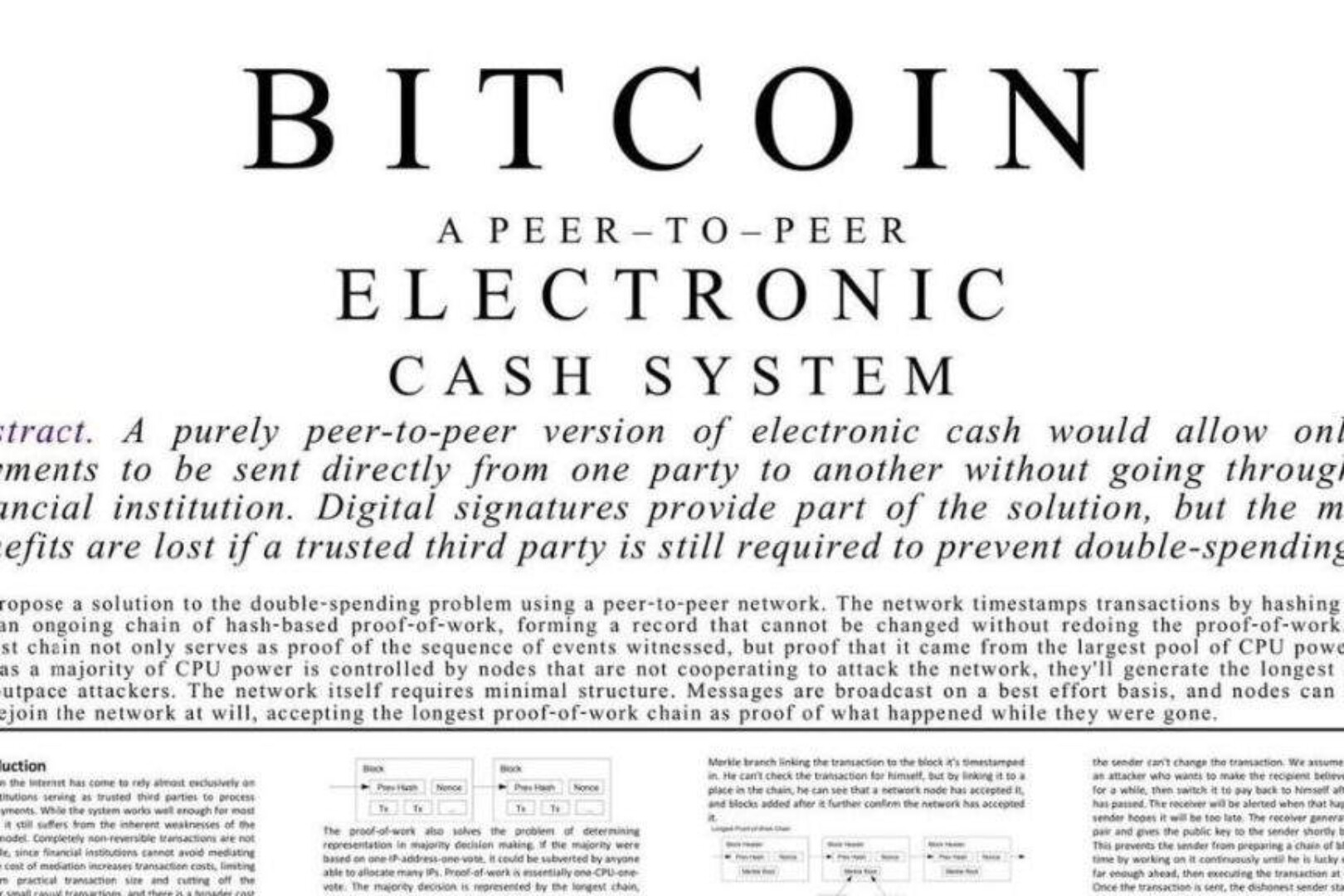
During the launch of the EOS mainnet, a large number of EOS private keys were stolen by hackers. More than 60 EOS holders in the English and Korean regions have been victimized. The total number of EOS involved exceeds one million. The security of virtual currency has once again attracted attention.
We cannot predict when the risk will come. All we can do is to prepare for it. If you are a virtual currency holder now or in the future, take a few minutes to learn how to put a security lock on your assets.
1. Increase the complexity of the password.
2. Use 2FA verification.Instead of calling or texting to verify your identity, download an identity verification program such as Google Authenticator, which randomly generates 2FA codes and changes them every 30 seconds. Buy a U2F device, like a YubiKey, which acts as an encrypted USB key that plugs into your computer with 2FA.
3. Set the white list.In addition to setting up 2FA, you should also check that the exchange you are using allows whitelisting: only certain addresses are allowed to trade with you on the exchange. You need to focus on the following two whitelists:
IP whitelist. Give the IP address to the exchange, and only those using that IP address will be able to authorize transactions or withdraw funds from your account.
Wallet whitelist. Give the wallet's public key to the exchange, and you can only withdraw money from the exchange to specific wallets—hackers cannot put your money into their own wallets.
4. Use a reputable VPN on public WiFi networks.Public WiFi can be easily hacked. If you insist on using WiFi, the best course of action is to make sure you always use a virtual private network (VPN) when connecting to public WiFi. A VPN basically adds a layer of encryption between you and the entire internet. There are a variety of VPNs on the market, with different technical bodies supporting different specific providers. The mainstream VPNs currently on the market include: ExpressVPN headquartered in the British Virgin Islands, NordVPN headquartered in Central America, and VyprVPN headquartered in Switzerland.
5. Equipped with a cold wallet.When your virtual currency assets do not need to be traded temporarily, you need a cold wallet. You can consider transferring non-trading funds to a wallet like this: Trezor and other hardware wallets. This is a piece of security-audited hardware that holds your private keys and allows you to send and receive bitcoins. Paper wallets, like Bitcoin paper wallets. With the paper wallet, you can keep the private key never connected to the Internet, and you can record the private key on paper. As long as you don't share this private key and don't forget it, you don't have to worry about losing your digital currency assets due to computer security issues.




